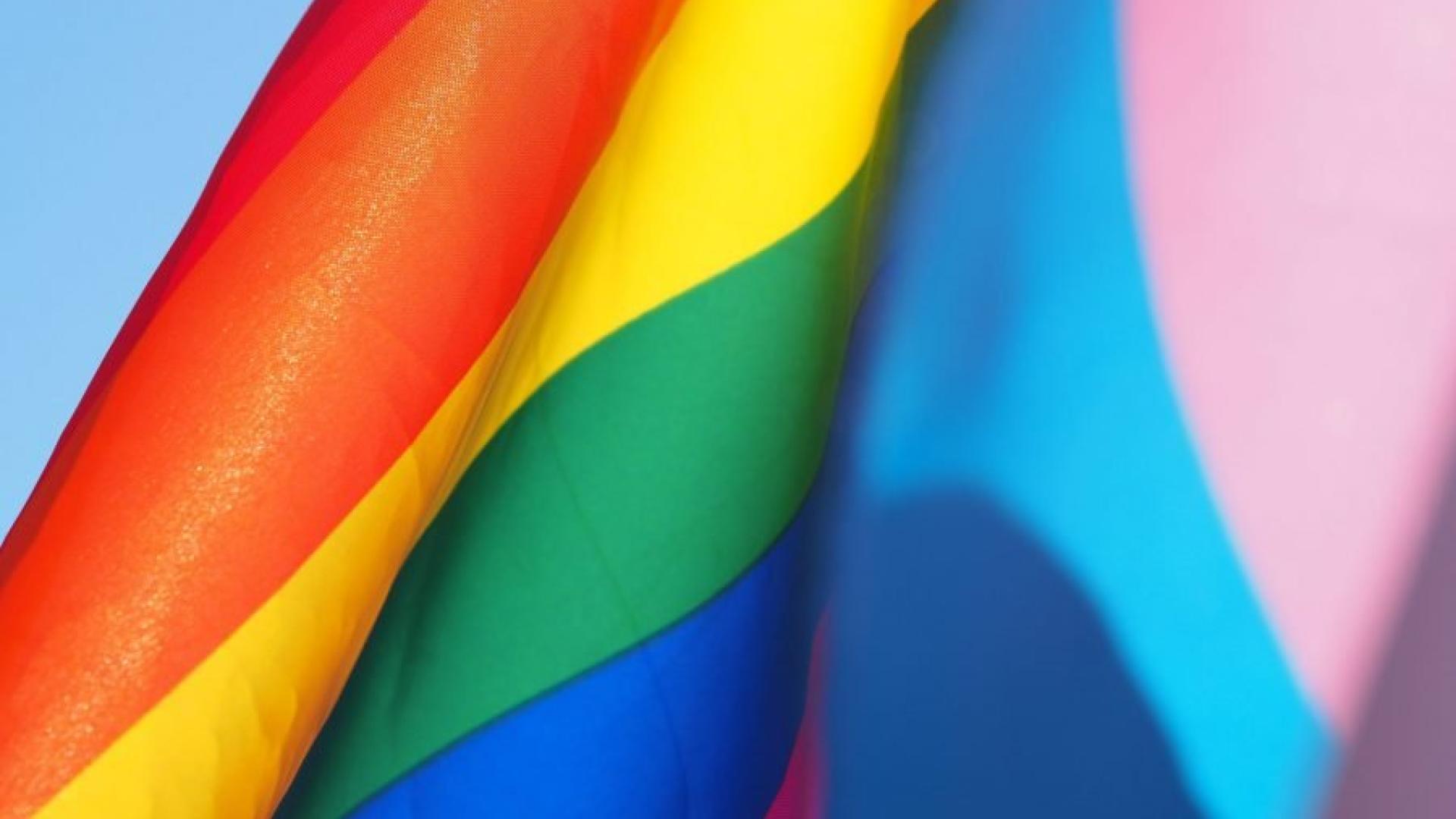The Commonwealth: Advancing inclusive societies for LGBT+ people in Asia


Paul Dillane

David Davies
Across the world, lesbian, gay, bisexual and transgender (LGBT+) people face widespread discrimination and violence. More than a third of countries criminalise consensual adult same-sex relations.I In many countries, transgender people face extreme violence, not to mentionobstacles to legal gender recognition and healthcare.
The Commonwealth is home to 2.4 billion people, approximately 30% of the world’s population. 35 of 54 Member States retain laws which criminalise homosexuality, the majority of which can be traced to the UK’s colonial past, meaning millions of people face blackmail, arrest and imprisonment, as well as poor access to basic services such as employment, heath and housing, because of who they are and who they love.
Across Asia, concepts of sexual orientation and gender identity vary greatly. These diverse identities and communities have long-established origins in local cultures, languages and tradition, yet discrimination and violence remains widespread.
The Commonwealth Partnership for Democracy (CP4D) hosted current and former parliamentarians and leading civil society activists in Asia to facilitate a dialogue on specific ways in which progress can be made to advance equality and inclusion for LGBT+ persons. The event included participants from a wide range of countries across the region, creating a rare opportunity for elected representatives and community leaders to explore progress and challenges for LGBT+ persons across the region, identify best practice in legislative or policy reform to tackle discrimination and violence on the basis of sexual orientation and gender identity, and build stronger alliances in favour of human rights and equality.
The event gave participants the opportunity to consider recent and significant developments in the region, including the Supreme Court of India’s landmark ruling decriminalising consensual same-sex adult relations in 2018 and progress in protecting the fundamental rights of transgender persons in Pakistan following the Transgender Persons (Protection of Rights) Act 2018.
During discussions, participants acknowledged the vital role civil society plays in educating government and parliamentarians as to the lived experiences of LGBT+ communities and in identifying opportunities for legal, policy or practical changes to promote inclusion and equality as well as mobilising public support.
Participants identified the lack of opportunities for parliamentarians to engage regionally and globally, including with civil society partners, and the beneficial impact in building coalitions for action. They pointed to the benefits of identifying practical proposals for legislative and policy reform and holding government to account in implementation. Joining the delegation from Canada, Randy Boissonnault, formerly the Member of Parliament for Edmonton Central and Special Advisor to the Prime Minister of Canada on LGBTQ2 issues, commented:
“Parliamentarians play a critical role in advancing LGBT+ equality issues and human rights for all. Creating spaces regionally and globally for parliamentarians to meet and learn from each other, and to engage with civil society, is fundamental to advancing equality. Lived experience is powerful. By sharing that experience through dialogue we can find pathways through some of the most intractable issues of our time.”
At the conclusion of the event, participants identified a series of immediate and practical actions they agreed to take on return to their countries. These included:to continue to engage in communication, to share information, data and research, and to facilitate introductions to other decision-makers and key partners including ministers, officials, and human rights institutions. Finally, they agreed tocollaborate in advance of the Commonwealth Heads of Government Meeting (CHOGM) to be hosted by Rwanda in 2020.
Following the dialogue, Rosanna Flamer-Caldera, Executive Director of EQUAL GROUND in Sri Lanka and Chair of The Commonwealth Equality Network, the only LGBT+ organisation formally accredited to The Commonwealth, commented:
“Parliamentarians have a vital role to play in advancing inclusive societies by developing laws and policies which which leave no one behind and holding governments to account to ensure their effective implementation. By forging strong relationships between elected representatives and civil society, we can build political will and public support for crucial legislative and policy reforms to make equality a reality for LGBT+ persons.”
LGBT+ people and their allies continue to face violence, threats and intimidation across the world. For the safety of the participants, WFD is unable to identify where or when the dialogue took place, and who attended. We hope that in future, LGBT+ people everywhere will be able to express and identify themselves with pride and without fear for their safety, take part fully and equally in public life, and have their voices heard in decision-making. Through our work with parliamentarians and civil society activists, we hope to contribute to helping make this a reality.